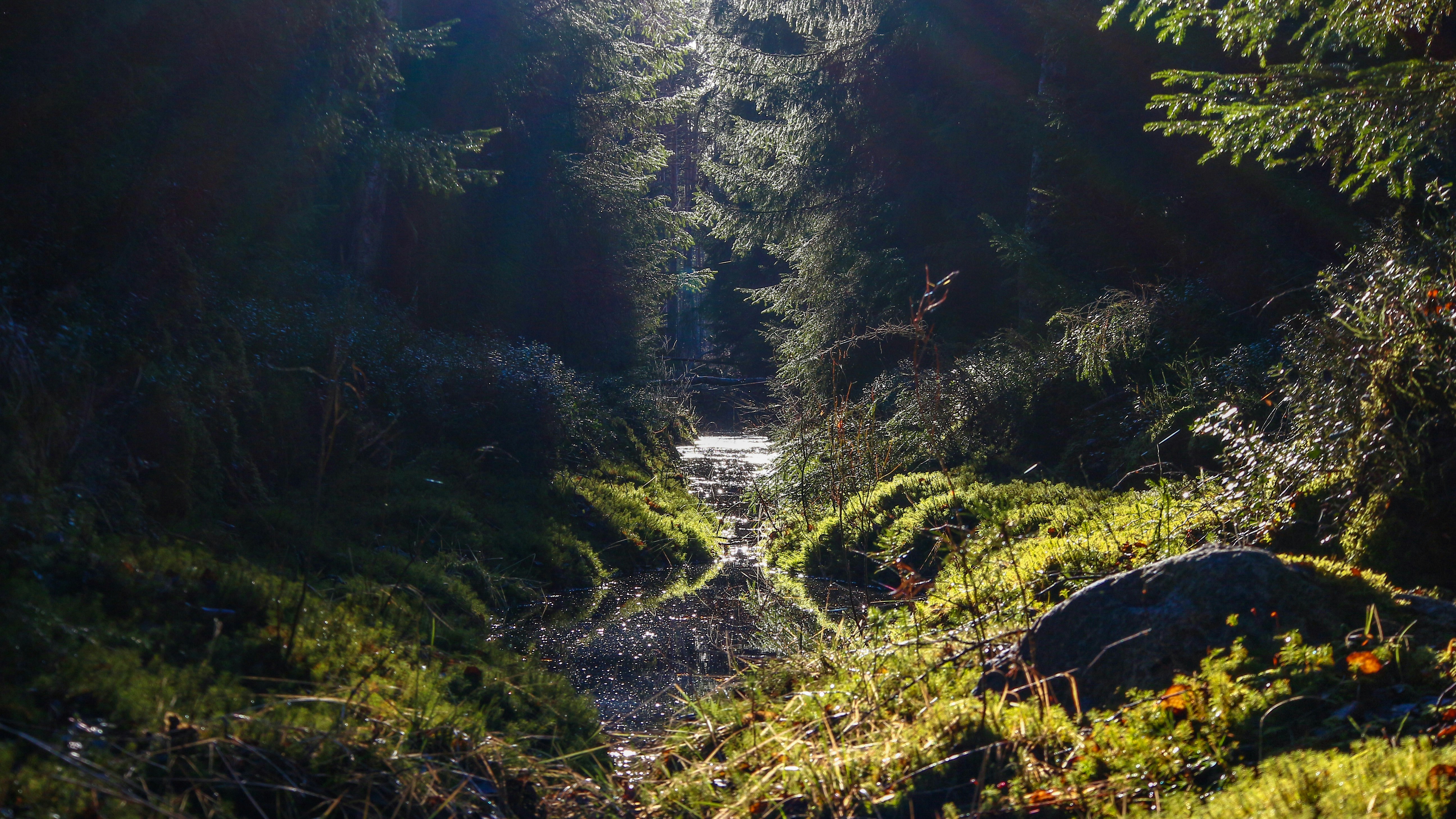As we celebrate Pollinator Week 2024, it's crucial to understand the severe threats facing our pollinators and the urgent need for collective action. These tiny creatures are essential for our food security and ecosystem health, yet they are under unprecedented stress.
Importance of Pollinators:
- Pollinators like bees, butterflies, birds, and bats play a crucial role in the reproduction of over 75% of flowering plants.
- They contribute to the production of 87 of the leading food crops worldwide, making them indispensable to our food supply.
Why They Are Essential:
- Biodiversity: Pollinators help maintain biodiversity by aiding the reproduction of plants, which in turn support a wide range of other wildlife. The intricate relationships between pollinators and plants ensure the stability and resilience of ecosystems.
- Food Security: Without pollinators, many of the fruits, vegetables, and nuts we rely on would become scarce, leading to a less varied and less nutritious diet. Staples like apples, almonds, blueberries, and squash depend heavily on pollination.
- Economic Impact: Pollinators contribute billions of dollars to the global economy through their role in crop production. The agricultural industry depends on the services provided by pollinators to maintain yields and quality.
- Ecosystem Services: Beyond food production, pollinators are crucial for maintaining the health of ecosystems. They help with soil health, water quality, and carbon sequestration by supporting the plants that contribute to these processes.
Their Status as Threatened:
- Habitat Loss: Urbanization, agriculture, and deforestation are destroying the natural habitats of pollinators, leaving them with fewer places to live and forage.
- Pesticides: The widespread use of pesticides, particularly neonicotinoids, is toxic to pollinators, weakening their immune systems and leading to mass die-offs.
- Climate Change: Shifts in climate patterns are altering the availability of flowers and nesting sites, disrupting the synchrony between pollinators and the plants they pollinate.
- Diseases and Parasites: Pollinators face increasing threats from diseases and parasites, such as the Varroa mite in bees, which can devastate entire colonies.
Pollinators on the Front Range in Colorado:
- The Front Range of Colorado is home to a diverse array of pollinators, including native bees, butterflies, and hummingbirds.
- The Butterfly Pavilion, located in Westminster, Colorado, is dedicated to the conservation and education about these vital species. Their programs highlight the importance of native pollinators and the specific challenges they face in this region.
- Colorado’s unique climate and plant life make it a crucial area for pollinator conservation, with efforts focused on restoring native habitats and reducing pesticide use.
Ways to Protect Pollinators:
- Plant Native Flowers: Create pollinator-friendly gardens with a variety of native flowering plants that bloom throughout the year, providing continuous food sources.
- Avoid Pesticides: Reduce or eliminate the use of pesticides in your garden. Opt for natural pest control methods to protect pollinators from harmful chemicals.
- Provide Habitat: Leave some natural areas in your garden, like bare soil patches for ground-nesting bees and dead wood for beetles. Install bee hotels and butterfly houses to provide safe nesting sites.
- Support Local Farmers: Buy organic and locally-produced food to support farming practices that protect pollinators. Your choices can influence agricultural practices and promote pollinator-friendly methods.
- Spread Awareness: Educate others about the importance of pollinators and advocate for policies that protect their habitats. Join or support organizations dedicated to pollinator conservation.
Pollinators are facing a crisis that demands our immediate attention. Without them, our food security and biodiversity are at grave risk. Let's take action to protect these vital creatures before it's too late.
Get Involved:
- Pollinator Partnership
- Butterfly Pavilion
- Xerces Society: Pollinator Conservation
- Friends of the Earth: Pollinators
- The Nature Conservancy: How to Help Pollinators
- National Wildlife Federation
- IPBES Report on Pollinators
- Bee Informed Partnership
- Organic Consumers Association
- Pollinator Stewardship Council
- U.S. Fish and Wildlife Service: Pollinator Conservation
- Royal Horticultural Society: Pollinator-Friendly Gardening
- Environmental Protection Agency: Protecting Pollinators

.png)


